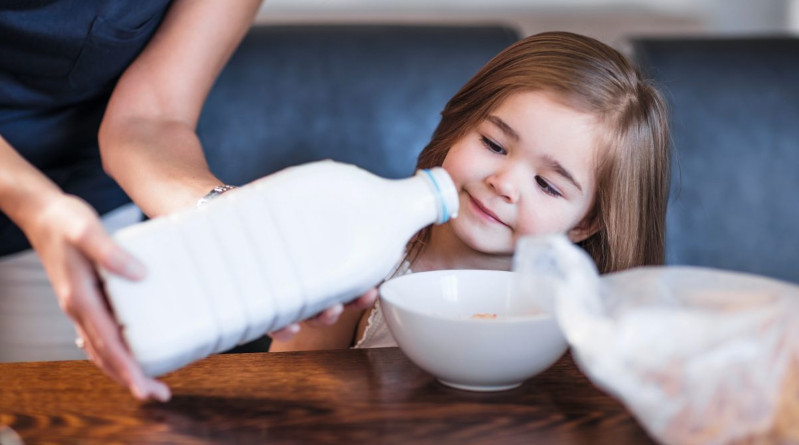Turning dairy PET bottle-to-bottle recycling into reality
The chemical industry plays a key role in plastics recycling, where advancing bottle-to-bottle recyclability for rPET is crucial to closing the loop on plastic waste. Sukano, known for its commitment to sustainable plastics solutions, will support the industry with new technologies to create a circular future for plastics.
bottles is rising continuously, particularly in dairy applications. As with all beverage PET bottles, these are fully recyclable. In order to maximise their recyclability and enhance waste sorting and recycling rates, it is essential that opaque PET products adhere to design for recycling guidelines provided by the European PET Bottle Platform (EPBP).
Achieving enhanced bottle opacity and whiteness
The Sukano White Opaque masterbatches for monolayer PET bottles were submitted for recycling trial simulations at PTI’s certified packaging performance testing labs, following the conditions specified by the EPBP protocol.
The results proved that the masterbatches can be used in PET mono-layer bottles, and still be processed at the same machine throughput, with no impact on colour, material properties, functionality or production rates. The melt also showed a very stable colour, with the end material remaining white at all levels, says Sukano. The integrity of the light barrier was also confirmed for extreme conditions, such as less than 0.1% light transmission at 550 nm wavelength.
Sukano offers the White Opaque masterbatches to increase the whiteness of the surface while maintaining the opacity and specific light barrier properties that every brand owner needs for fresh and flavoured milk, extended shelf life (ESL) and UHT PET milk bottles. They are suitable for monolayer or multilayer/co-injection ISBM technology.
In-house recyclability testing
Sukano is equipped with advanced analytical and machinery capabilities to replicate essential steps of the rPET mechanical recycling process in-house. This includes flake shredding, flake drying and crystallisation, extrusion and filtration, pellet crystallisation, solid-state polymerisation (SSP) of pellets, and film extrusion. Also, analytical measurements such as yellowing, haze, and intrinsic viscosity (IV) development on pellets can be proceeded in-house to ensure all requirements are met.
Stay ahead of mandatory recycling targets
Sukano’s expertise and solutions support dedicated food-grade PET bottle streams for clear and light blue rPET, as well as white opaque rPET (rPETo), allowing bottles to return to their original application while enhancing the recyclate quality of each stream. When virgin PET is partially replaced with rPETo, the whiteness of the bottle surface significantly drops. Sukano addresses this by offering tailored light protection and whiteness for bottles using up to 50% rPETo.
With expertise in clear rPET, rPETo, and customised solutions for light protection and whiteness, the company is committed to helping converters and brand owners realise their circularity goals with closed-loop recyclable white dairy bottles. This will help to heightened recycling rates, improved recyclate quality, and a lowered carbon footprint of packaging possible.

